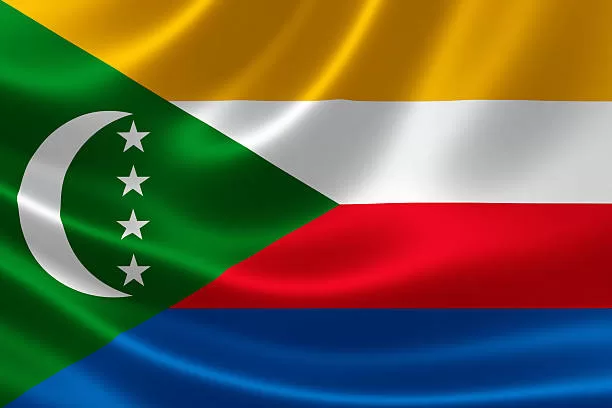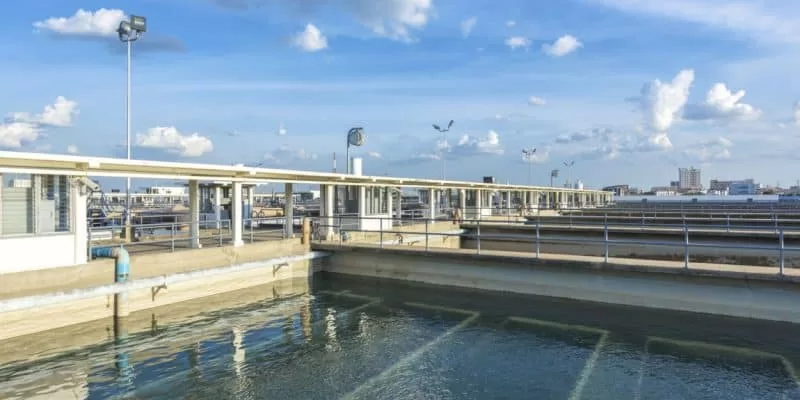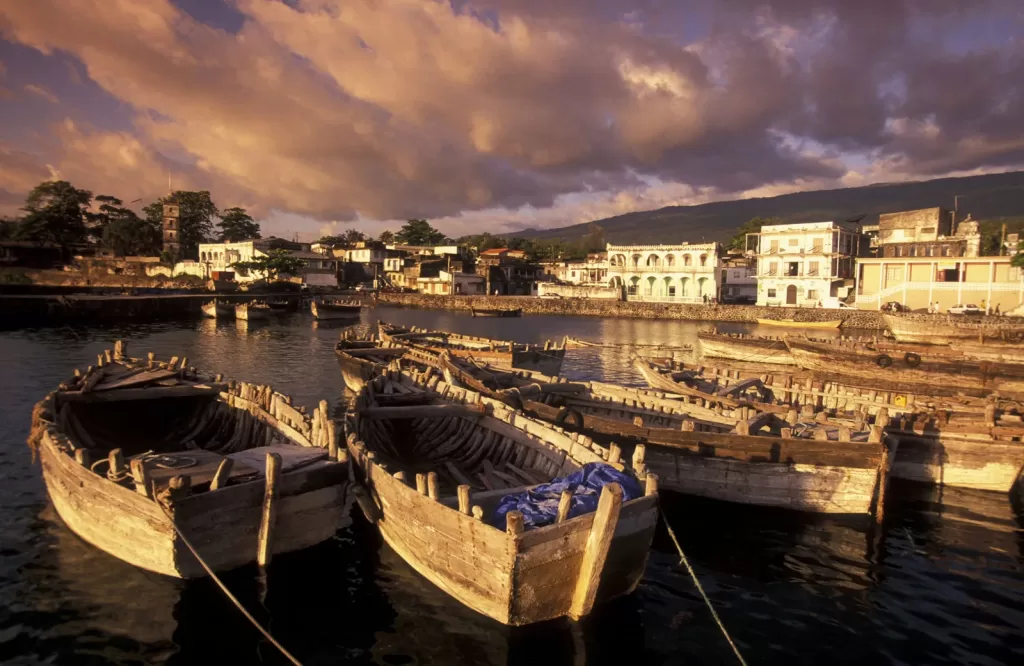Comoros Country Report

Comoros is a small island nation located in the Indian Ocean, off the eastern coast of Africa. It consists of four main islands: Grande Comore, Mohéli, Anjouan, and Mayotte. Each island has its own unique charm and attractions. Grande Comore, also known as Ngazidja, is the largest and most populous island. It is home to the country’s capital, Moroni, which offers a blend of African, Arab, and French influences. You can explore the historic medina, visit the beautiful beaches, or hike up the active volcano, Mount Karthala. Mohéli is known for its pristine beaches and rich marine life. It is a great destination for snorkeling, diving, and turtle watching. The island is also home to the Mohéli Marine Park, a protected area that preserves the region’s biodiversity. Anjouan, or Nzwani, is known for its lush vegetation, mountainous landscapes, and picturesque villages. You can hike through the tropical rainforests, visit the stunning waterfalls, or explore the vibrant markets in the capital city, Mutsamudu. Mayotte, although geographically part of the Comoros archipelago, is an overseas department and region of France. It offers a unique blend of African, French, and Malagasy cultures. You can enjoy beautiful beaches, explore the coral reefs, and indulge in delicious French cuisine.
Comoros has a rich cultural heritage, with influences from Africa, Arabia, and France. The local culture is vibrant and diverse, with traditional music, dance, and cuisine being an integral part of everyday life.
Last updated: April 8, 2022
Security
omoros is generally considered safe for tourists, but it’s always important to be cautious and take necessary precautions. Here are some key points to keep in mind:
1. Stay informed: Before traveling to Comoros, it’s a good idea to check for any travel advisories or updates from your country’s embassy or consulate. They can provide you with the most up-to-date information regarding safety and security.
2. Be aware of your surroundings: Like in any unfamiliar place, it’s essential to stay aware of your surroundings. Avoid walking alone in isolated areas, especially at night. Stick to well-lit and populated areas, and trust your instincts if something feels off.
3. Secure your belongings: Keep your personal belongings, such as wallets, phones, and passports, secure at all times. Use a hotel safe or a secure bag to store your valuables. Be cautious of pickpockets in crowded areas and avoid displaying expensive items openly.
4. Respect local customs: Comoros has a unique cultural heritage, and it’s important to respect local customs and traditions. Familiarize yourself with the local customs, dress modestly, and be mindful of your behavior to avoid any misunderstandings.
5. Transportation safety: If you plan to travel within the islands, choose reputable transportation options and follow safety guidelines. Check the condition of vehicles before boarding and ensure that seat belts are available and functional.
Last updated: April 21, 2022
Infrastructure

Comoros is an archipelago consisting of three main islands: Grande Comore, Mohéli, and Anjouan. The infrastructure in Comoros is still developing, but efforts have been made to improve transportation and connectivity.
1. Transportation: Comoros has a network of roads that connect the major towns and villages on each island. However, it’s important to note that the quality of roads may vary, and some areas may have unpaved or poorly maintained roads. Public transportation options include buses and taxis, but private vehicles are also commonly used.
2. Airports: Each of the three main islands has an airport. Prince Said Ibrahim International Airport, located in Grande Comore, is the main international gateway to Comoros. There are also smaller airports on Mohéli and Anjouan. These airports facilitate domestic and international travel.
3. Ports: Comoros has several seaports that serve as important transportation hubs. The Port of Moroni, located in Grande Comore, is the largest and busiest port in the country. It handles both domestic and international maritime traffic, including cargo ships and passenger ferries.
4. Utilities: Access to basic utilities, such as electricity and clean water, can vary across different areas of Comoros. While efforts have been made to improve access, some remote villages may still face challenges in this regard. It’s advisable to check the availability of utilities when planning your visit.
5. Telecommunications: Telecommunication services, including mobile networks and internet connectivity, are available in Comoros. However, coverage and internet speeds may vary, especially in more remote areas.
Last updated: April 3, 2023
Environment

Comoros is known for its stunning natural landscapes, including lush rainforests, pristine beaches, and vibrant coral reefs. The islands are home to a rich variety of flora and fauna, some of which are endemic to the region. Conservation efforts are being made to protect the unique biodiversity of Comoros. The country has established national parks and nature reserves to preserve its natural heritage. These protected areas provide habitats for a wide range of species, including lemurs, turtles, and various bird species. However, like many other places, Comoros faces environmental challenges. Deforestation, soil erosion, and pollution are some of the issues that need attention. Sustainable practices and eco-tourism initiatives are being promoted to minimize the impact on the environment and support local communities.
Last updated: March 11, 2022
Health and Medical
In Comoros, healthcare services are provided by both public and private sectors. While efforts have been made to improve healthcare accessibility, there are still challenges in terms of infrastructure and resources. Medical facilities, including hospitals and clinics, are primarily located in urban areas, and access to healthcare in remote regions can be limited. Comoros faces various health concerns, including infectious diseases such as malaria, dengue fever, and cholera. It’s important to take necessary precautions, such as using mosquito repellent and practicing good hygiene, to prevent the spread of these diseases. If you’re planning to visit Comoros, it’s recommended to consult with a healthcare professional or travel clinic prior to your trip. They can provide up-to-date information on vaccinations and health advisories specific to your destination.
Last updated: September 14, 2022
Political
Comoros is a federal republic with a multi-party system. The President of Comoros is both the head of state and the head of government. The president is elected by popular vote for a five-year term. The current political system of Comoros was established in 2001 following a series of constitutional reforms. The country has a unique political structure, consisting of three main islands: Grande Comore, Mohéli, and Anjouan. Each island has its own president and legislature, while the federal government oversees matters of national importance. Political stability in Comoros has faced challenges in the past, including periods of political unrest and attempts at secession by some islands. However, efforts have been made to promote peace, reconciliation, and democratic governance.
Last updated: March 18, 2022















